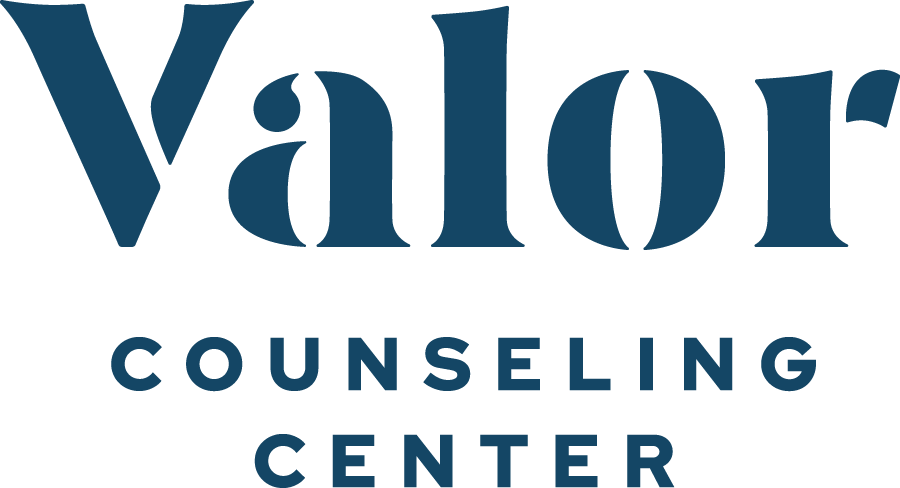Helping the Helper
By: Ashley Wright, LCMHCS
As a first responder you may struggle with knowing how to help yourself when life feels stressful because it can feel very unnatural. While at work or even when the uniform is put in the closet, the mindset to help others or be ready for a crisis doesn’t ever completely turn-off. This dedication can be a barrier in prioritizing your own wellness making it hard to prioritize your health. Learning ways to manage stress and trauma is crucial to longevity in the career in addition to thriving in any first responder role. Wellness care must be prioritized daily.
As a first responder you take-on 200x more trauma than the average person. The taking-in of stressful calls as well as managing other stressors from the job like promotional processes or politics at work can build quickly. Also, add in your personal responsibilities and relationships which can be extremely hard at times. We often hear, “Put your oxygen mask on first.” Easier said than done for a first responder. In academies and early-on in the career, mental health care is not typically encouraged because it can be seen as “weak” and while things are slowly changing, we have a lot of work to do when it comes to wellness care. It does matter. Do responders and their family members really know what to expect when they enter into this lifestyle? Most do not.
A police officer once said to me, “If you start this job as a rookie and you’re not super excited to do a foot chase, then you probably are in the wrong field.” Starting out in the job is exciting because you’re fresh and ready to put your skills to the test. You’re also naive to the amount your brain is taking-in and the effect it will have one day when life hits and the trash spills over. Your loved ones are also excited for you and want to be supportive, but overtime, the long shifts and callouts get old. Add children to the mix and responsibilities and stress also increase. The irregular sleep schedules can create tension in relationships and you might find yourself feeling misunderstood. It’s not what you thought it would be, a little less fun, and ultimately, it can be hard to acknowledge you may need help and not know where to go. Why? Because you’re the helper - you “shouldn’t appear weak”. You should be able to fix this without help, right? Suck it up and press-on. (This is a lie by the way).
In some ways, it can even feel foreign to help yourself as a first responder. It can even feel wrong. This is completely false. You’re human too and we were never created to do life alone or have it all together. Yes, asking for help can feel very vulnerable (not weak). It can feel painful and cause emotions to surface. But this is a good thing. Pain is inevitable, but the struggle is very manageable. Understanding that putting your oxygen mask on first means acknowledging your whole self and what you need. Your emotions are directly connected to your body, mind, and spirit. When we allow them to work together and support each other, you can show up authentically and stronger than ever before.
Where do I start?
Consider doing a self-evaluation and look at your negative symptoms. Are you angry often? Depressed? Agitated? Anxious? Take out a pen and paper and be honest with yourself. What doesn’t feel “good” right now.
Next, acknowledge what you might need? Maybe it’s more consistent sleep, better nutrition, a new exercise routine, or a break from work to rest and turn your mind off. Consider going for a hike with your spouse or choosing hydration powder over the beer or a board game with the kids rather than scrolling your phone. As a therapist, I highly recommend starting to talk to someone in your life that feels safe like a peer support member, a chaplain, or a counselor or close friend. Share what is going on in your life and with someone who cares and won’t judge you, but encourage you. A true friend or trusted person is someone who listens well and waits to speak. They also check-in and ask how they can help or pray for you.
The point is, YOU get to decide, so choose to take a small step. I am always reminding clients when they come to my office that they matter and the training they put into this work will pay-off, but it’s not going to change overnight. Persevere and remember as much as you help others, there are people who are cheering for you on the sidelines. Our helpers deserve to be healthy! YOU deserve to be healthy because you matter too.
